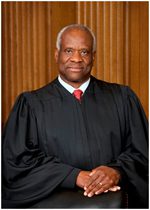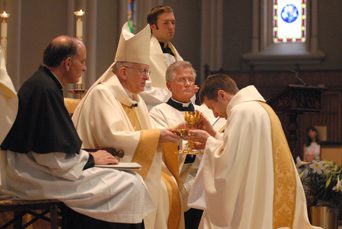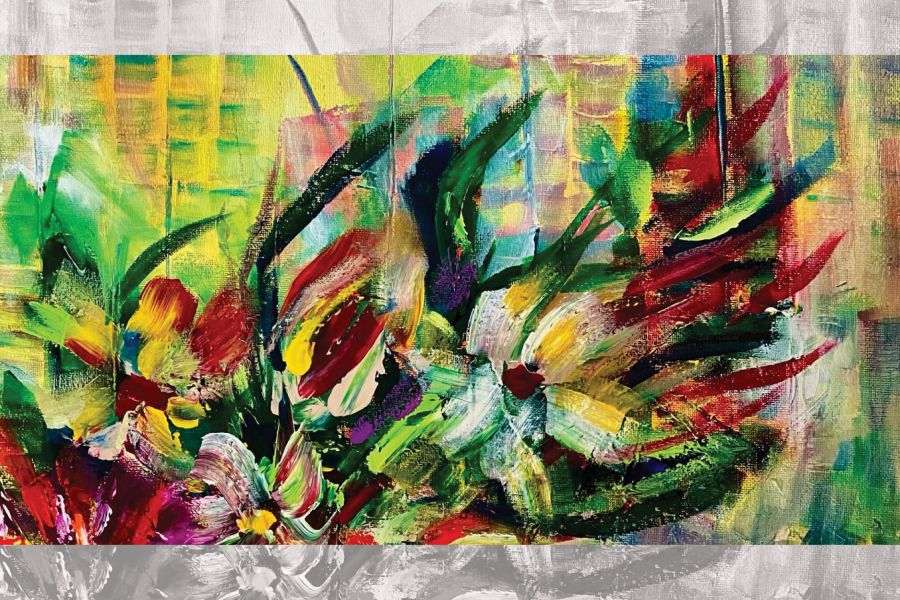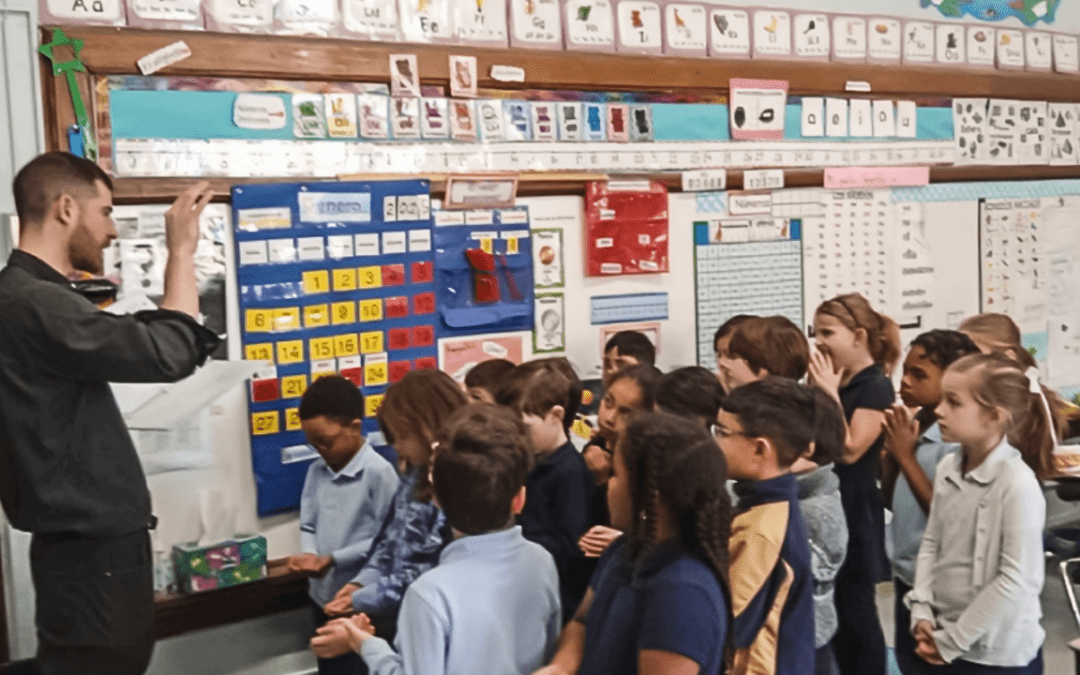One of the real privileges of working at a university is the opportunity to encounter great public figures who visit the campus for special events. Each fall, UP celebrates a Red Mass, an ancient Catholic tradition to invoke the Holy Spirit for all those who work in the legal profession. As part of this celebration, we invite a prominent member of the legal community to speak about the law from a perspective informed by our faith.

This year UP had the honor to welcome Supreme Court Justice Clarence Thomas. Although Justice Thomas addressed matters of religion much less explicitly than previous Red Mass speakers, his entire visit embodied one of the most important virtues in our faith’s spiritual tradition: humility. Justice Thomas comes from extraordinarily humble beginnings (a poor Georgia town in the Jim Crow South), but the world contains many people who overcame humble beginnings and then rose to positions of prominence. Far more extraordinary and far more inspiring for me was to see a man who rose to this life of prominence but still maintained a humble heart.
Hours before the formal event began, Justice Thomas visited an upper-level political science class and stayed for the entire 90 minutes. During part of that time, he engaged each student individually, asking about their backgrounds, their paths to UP, and their academic interests. Similarly, at the university-wide meeting, he declined to give a formal address and instead offered two UP professors the chance to moderate an hour-long conversation with him. One of those professors shared with me afterward that, in their plans for the discussion, Justice Thomas didn’t place any restrictions on the topics or issues they would address. In so many ways, Justice Thomas’ words and actions subtly expressed his desire to value those around him, to appreciate their significance, to trust their judgment, even at the possible expense of his own control or recognition.

One moment in Justice Thomas’ conversation especially moved me. A student asked him how he chooses his law clerks. And as part of a long answer he said something like: “I like to choose kids who come from humble backgrounds. I come from a humble background, so I understand the challenges they faced in getting here. And I think they just bring something different to the job.” (Now, I can’t find a transcript of his remarks, and I can’t find this moment on video. So those are NOT Justice Thomas’ precise words, but I have tried to capture the essence. Nevertheless, one must be careful never to misquote a Supreme Court Justice!) I found his short statement to be so profound: he recruits people from meager means into these prestigious jobs, not so much for their sake, so as to give them a helping hand; but for our society’s sake, because they have valuable talents and insights possessed by no one else.
During my first year at the University of Portland, Supreme Court Justice Antonin Scalia spoke on campus. His talk gave me new insights into the First Amendment; it was enlightening, but somewhat expected. Justice Clarence Thomas’ visit yielded far a more surprising and important blessing: he gave me new insights into the first Beatitude.

Fr. Charlie McCoy, C.S.C., is an Assistant Professor of Mathematics at the University of Portland. He is a monthly contributor to the Spes Unica blog, reflecting primarily on the work of Holy Cross in education. Learn more about the work of Holy Cross priests and brothers in the field of education to bring hope to the Church and world.



